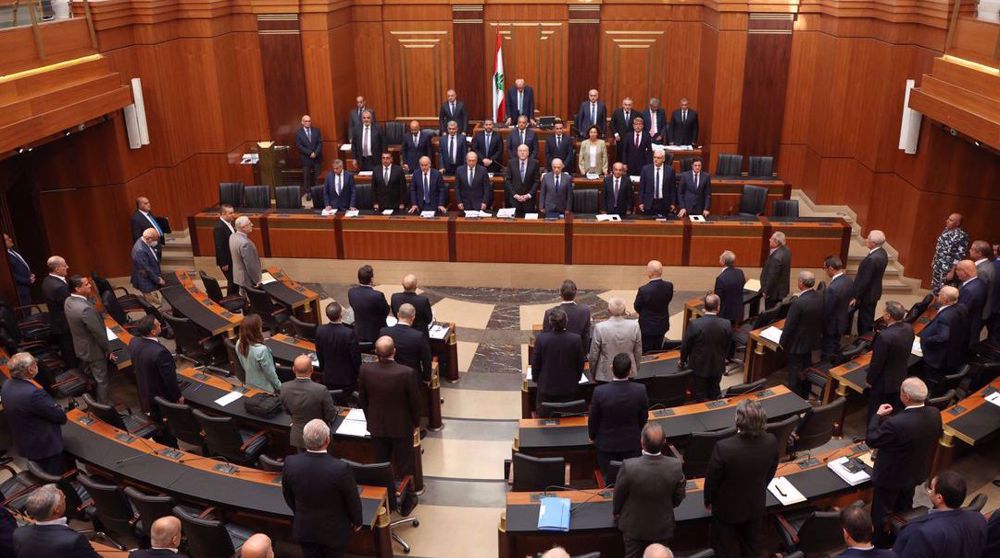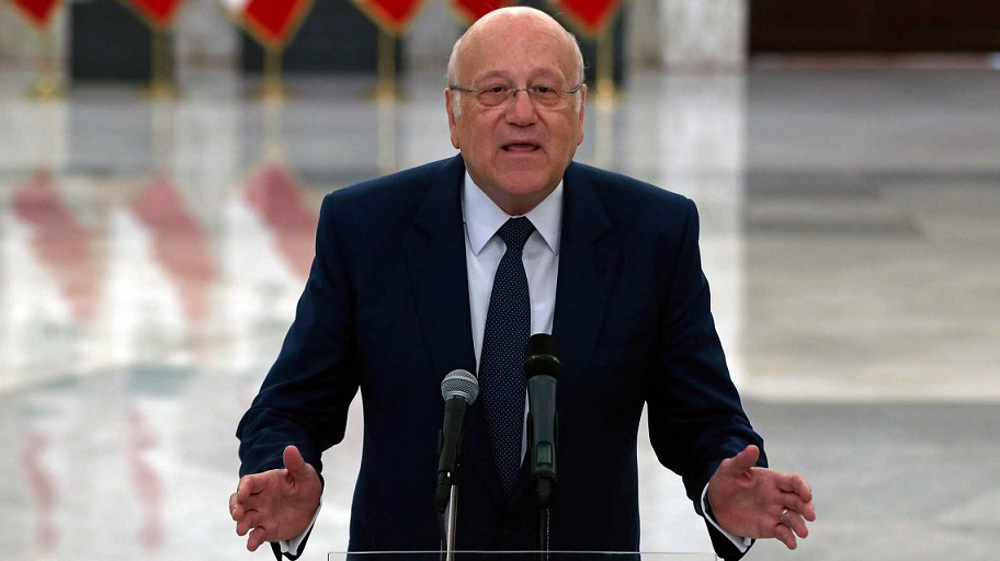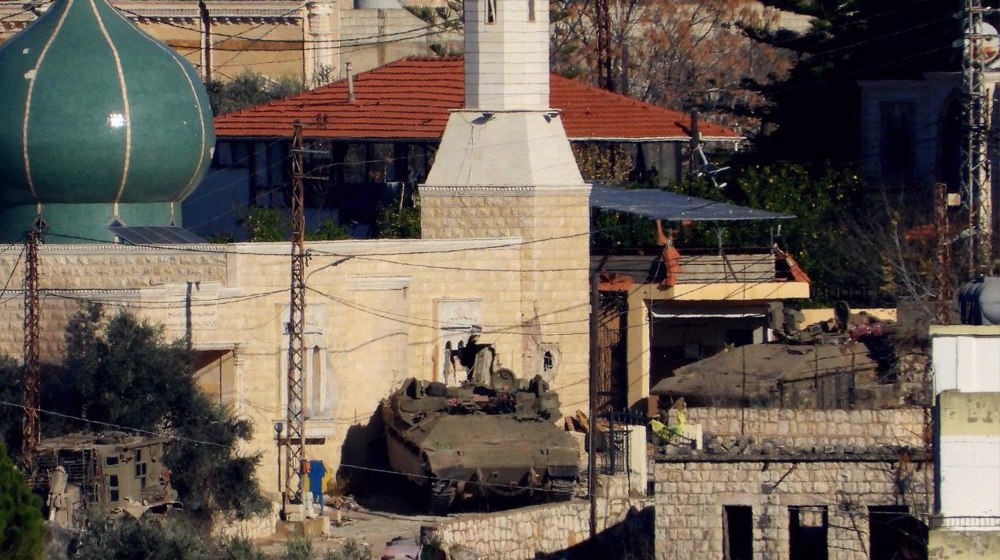Lebanese Parliament set to convene on Thursday to elect new president
The Lebanese Parliament is set to hold a session later this week to elect a new president in an effort to thwart another governmental vacuum in the crisis-riddled country, with President Michel Aoun’s term being about to expire next month.
Parliament Speaker Nabih Berri “called for a session to be held at 11:00 a.m. (8:00 GMT) on Thursday September 29, 2022 in order to elect a president,” a statement from the speaker’s office said on Tuesday.
The incumbent government in Beirut took on caretaker status following the parliamentary elections in mid-May. Najib Mikati was designated as premier again to form a new cabinet; however, he has not been able to reach a deal with the president over the line-up so far.
Aoun, whose term will expire on October 31, said he was working to form a fully-functional government to take over the duties of the president if his position became vacant.
The constitutional deadline to elect a new president passed on September 1.
In a meeting with European ambassadors, Aoun attributed the delay in government formation to the challenges presented by the Arab country’s sectarian power-sharing system.
Moreover, in an interview with the pan-Arab Asharq al-Awsat newspaper, Berri said, “The election of a president is more than necessary.”
“I don’t think it’s in anyone’s interest, given the difficult situation in the country, for us to be led toward directions everyone wants to avoid,” Berri noted.
In Lebanon, the votes of two-thirds of lawmakers in the 128-member legislature are required for a candidate to be successful in the first round of voting, after which a simple majority suffices.
Since late 2019, Lebanon has been suffering from a deep financial crisis that has caused the Lebanese pound to lose about 90 percent of its value to the US dollar. It led its banking system to collapse, with the majority of the Lebanese plunging into poverty.
The economic and financial crisis is mostly linked to the sanctions that the United States and its allies have imposed on Lebanon as well as foreign intervention in the Arab nation’s domestic affairs.
VIDEO | Hind Rajab Foundation names Israeli war criminals vacationing after Gaza genocide
VIDEO | Australians rally for Gaza ahead of Christmas festivities
VIDEO | Attacks on Sana'a
Iran reports further drop in annual inflation rate in December
Israel indicts two settlers over suspected spying for Hezbollah
Iran: US airstrikes on Yemen war crimes, violation of international law
Yemeni armed forces down F-18 fighter jet, repel US-UK attack: Spokesman
Iran warns against US-Israeli plot to weaken Muslims, dominate region











 This makes it easy to access the Press TV website
This makes it easy to access the Press TV website